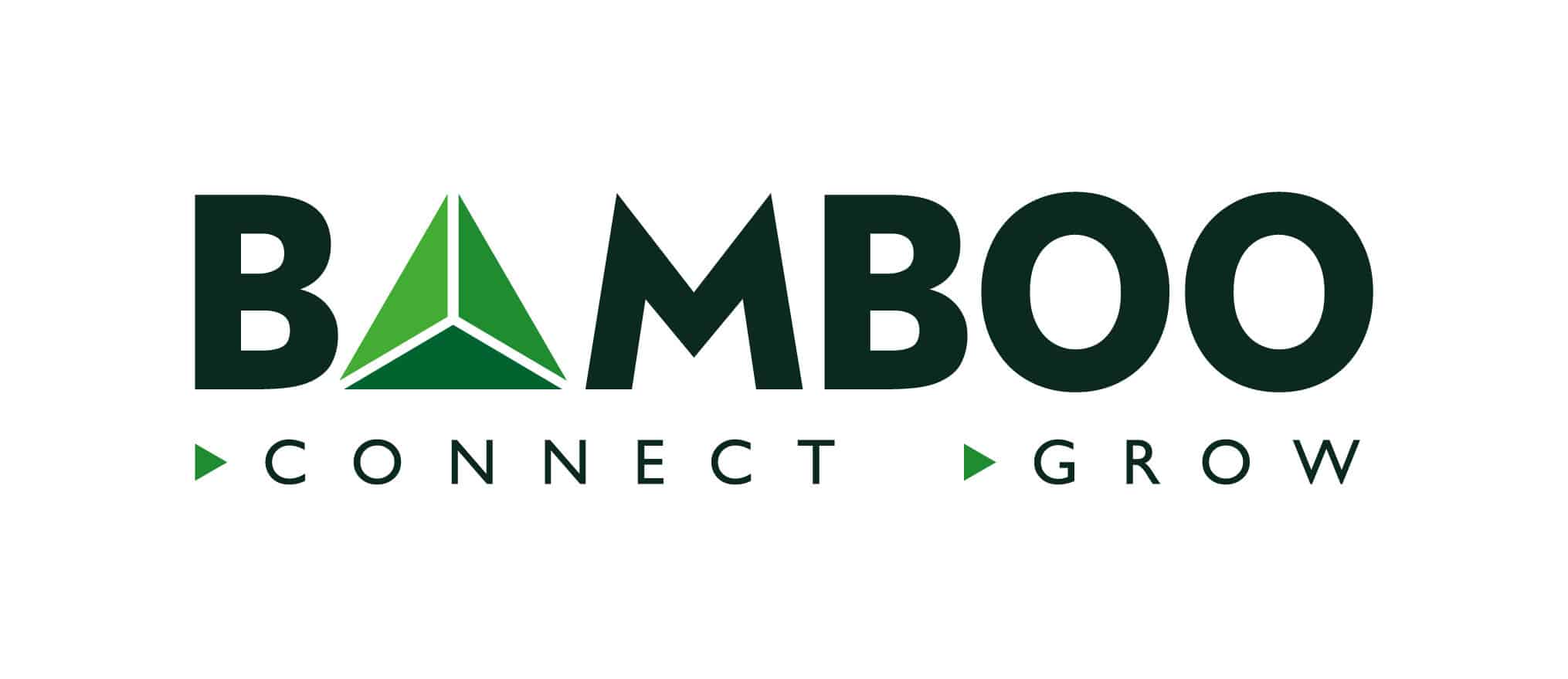What You Will Pay
Please contact Student Services on 0345 155 2020 for pricing information.

The broad purpose of the ICT occupation is to deliver efficient operation and control of the IT and/or Telecommunications infrastructure (comprising physical or virtual hardware, software, network services and data storage) that is required to deliver and support the information systems needs of an organisation.
The occupation includes contributing to the preparation for new or changed services, operation of the change process, the maintenance of regulatory, legal and professional standards, the building and management of systems and components in virtualised and cloud computing environments and the monitoring of performance of systems and services in relation to their contribution to business performance, their security and their sustainability.
Delivery model and duration:
Training will be delivered both in College and in the workplace
Duration: Up to 24 months
Qualification
Information Communications Technician Apprenticeship Standard Level 3
Entry Criteria:
GCSEs including English and maths
grade 9 - 4 or A*- C
Ideal for:
• First Line Support
• Data Centre Support Technician
• Network / Field Operative
• IT Support Analyst
The apprenticeship will cover the following core areas:
• Providing technical support to internal and external
customers
• Establishing and diagnosing ICT problems and faults
• Applying appropriate security policies
• Resolving ICT technical issues
• Stakeholder communication
• Testing methodologies
• Documenting or escalate ICT tasks
Benefits for learners:
• Gaining industry recognised professional qualifications
• Developing skills to increase your career potential
• Full support from industry experienced staff
• Working with the British Computing Society (BCS)
Benefits to business:
• Develop the skills your business needs
• Get qualified and motivated staff
• Future proof your business
• Professional qualification you existing staff
End Point Assessment
The final, end point assessment is completed in the last few months of the apprenticeship.
It is based on:
• Portfolio of evidence – containing evidence from real work projects which have been completed during the apprenticeship
• Workplace project - the apprentice must conduct a project in work over a maximum 4-week period that includes either the rectification of a fault that causes a loss of service, routine or proactive maintenance or the implementation of new systems
• Structured interview with an assessor - exploring what has been produced in the portfolio and the project as well as looking at how it has been produced
An independent assessor (from the BCS) will assess each element of the end point assessment and will then decide whether to award successful apprentices with a pass, a merit or a distinction.
| Knowledge developed will include: |
| Fundamentals of physical networks and components |
| Basic awareness of the principles of cloud and cloud-based services |
| Fundamental principles of virtual networks and components |
| Key principles of security including the role of People, Product and Process in secure systems |
| Fundamental principles of operating systems, hardware system architectures and devices |
| Principles of databases and migration |
| Skills developed will include: |
| Interpreting and prioritising customer requirements in line with organisational policy |
| Communicating with all levels of stakeholders, keeping them informed of progress and managing escalation where appropriate |
| Installing or undertaking basic software upgrades, either physically or remotely |
| Using a range of cabling or connectors equipment in line with technical requirements |
| Carrying out routine maintenance across network systems, ensuring organisational compliance |
| Behaviours developed will include |
| Working professionally, taking initiative as appropriate and acting with an ethical approach |
| Communicating technical and non-technical information in a variety of situations to support effective working with internal or external stakeholders |
| Demonstrating a productive and organised approach to their work |
| Being self-motivated, for example taking responsibility to complete the job |
GCSEs including English and maths grade 9 - 4 or A*- C
Completers may want to progress to Network Engineer Apprenticeship Level 4 or Cyber Security Degree Apprenticeship
If you would like to apply for this course, please add it to your shortlist. You may then add further courses to your shortlist or continue to complete your application.

Please contact Student Services on 0345 155 2020 for pricing information.
There is little left in our modern lives that isn’t affected by computers and technology. You’ll find computing at the centre of almost all businesses and, as a result, employment opportunities within the sector are huge.
We offer a range of qualifications that support a variety of interesting careers, from games and apps development, through to forensic computing and cyber security. Our industry-experienced lecturers will give you the knowledge and skills you need to develop your own computing competency, in an area that interests you.
A computing course is an ideal route to employment, or to progress on to higher-level qualifications at GC or university. You’ll have access to state-of-the-art equipment and software, including a dedicated network for computing students, so that you can get familiar with the latest technology and prepare for the systems you’ll use in the business world.




Check the progress of your application and find out everything you need to know about the application and enrolment process at GC.